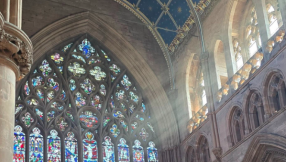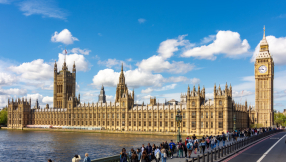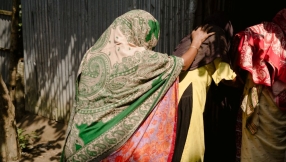G-d asks Pharaoh to 'let My people go'. But what is 'letting go'?
This week, on Shabbat, January 27, we commemorate the liberation of Auschwitz. January 27 coincides with the weekly biblical reading where Pharaoh is finally forced into letting the Jewish people go.
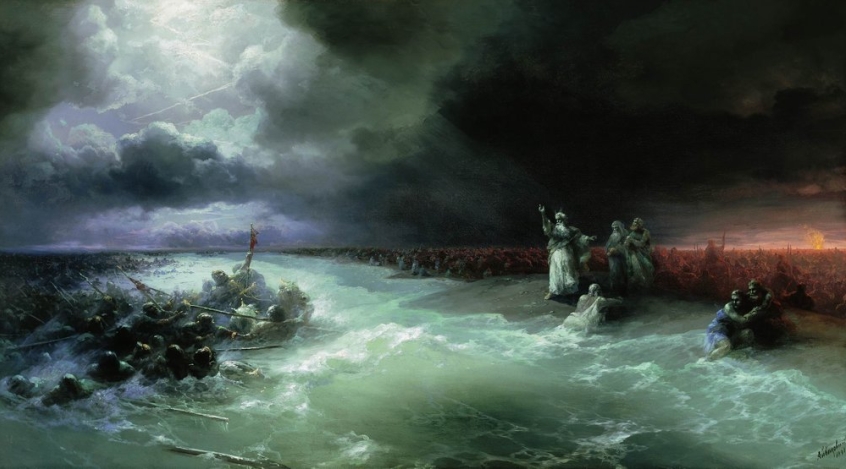
This is the first step on a journey from servitude, tyranny and death to the Promised Land of freedom and life.
At Auschwitz seasoned soldiers couldn't believe what they saw. 1.5 million people exterminated and 7,000 emaciated skeletons left.
My uncle was one of these.
Some of the skeletal liberated tried to return to their former homes in Poland and were massacred by local inhabitants who had once been their neighbours and friends.
The first time the Jewish people were 'let go' they were surrounded by Pharaoh and his army who inflicted mass servitude and attempted genocide.
Pharaoh refused to listen to pleas. So G-d inflicted on him 10 different types of suffering, one at a time, which the Bible groups in stages of seven and three.
G-d hopes all along that Pharaoh will change his mind. Every decision he makes involves challenge and a new type of thinking. So G-d sends him the plagues one at a time. To send 7 all at one go would be too much for Pharaoh.
But like so many of us in life – when faced with a challenge which invites us to consider that we may have been wrong and made a dreadful mistake – instead of repenting, asking forgiveness, promising to make amends, and intending never to repeat that particular mistake ever again, the Pharaohs of life usually choose to paint themselves more and more into a corner, start blaming everything on their advisors, and sometimes (like Hitler) end up ending it all.
The physical and psychological knocks of life which G-d deems necessary to shock Pharaoh out of his rigidity have refused to move Pharaoh.
So then G-d sends the death of the first-born Egyptian child. Pharaoh will experience what the Almighty has experienced in the loss of His own 'first-born' son – Israel – who is enslaved to Pharaoh. This is what G-d had told Moses in Exodus 4:22-23: 'You shall say to Pharaoh: 'So said the Lord: My firstborn son is Israel. So I say to you, Let my son go that he may serve Me. But you have refused to let him go. Behold, I shall kill your firstborn son.'
And now the children of Israel are ready for the next phase, when the Reed Sea will split open for them and they will start their exodus out of Egypt into the Promised Land.
But what exactly is 'Egypt'?
'Egypt' in Hebrew is Mitzrayim: the narrow rocky straits within the waters. The rocky straits hem you in, but the waters threaten to envelop.
Are you ready to take the plunge?
When the tiny remnants of Auschwitz were released, they were split in half like the Reed Sea. Most of them were skeletons. Many were dangerously ill. All were broken in spirit.
But did they seek revenge? No, they did not. What they did instead, when their former homelands rejected them, was to start again in a new Promised Land.
They decided that 'letting go' included G-d's words that Moses repeated once more to Pharaoh: Let My people go, that they may serve Me.' (Exodus 7:26).
No longer would servitude be to mortal men, however grand, men who thought themselves to be gods (whether Pharaoh or Mengele).
Now service would be solely to G-d. The tiny children of Israel and the tiny remnant of Auschwitz made their way to the Promised Land.
And there they started building. Many were the sole survivors of families who had to start completely afresh. As with the children of Israel, the life of the liberated from Auschwitz encountered alien powers who tried to prevent entry and often sent them back to certain death.
But they persevered, and built up new families, schools, hospitals and agricultural settlements.
The Lubavitcher Rebbe said: 'Challenges are there to stir up commitment and compel us to jump into the sea. And then the water immediately retreats – the challenge ceases to exist, the sea splits, the river parts...
'Every Jew from the moment they are born is tasked with ingathering and redeeming the holy sparks that have fallen into captivity among the forces of opposition. This is how each one of us redeems captives in a spiritual sense.'
The Book of Ecclesiastes says: 'There is a time to plant ... a time to heal ... and a time to build.'
Next week we will look at the New Year for Trees, one of the 4 major New Years in the Jewish calendar, a precursor of Pesach, which takes place two months later.
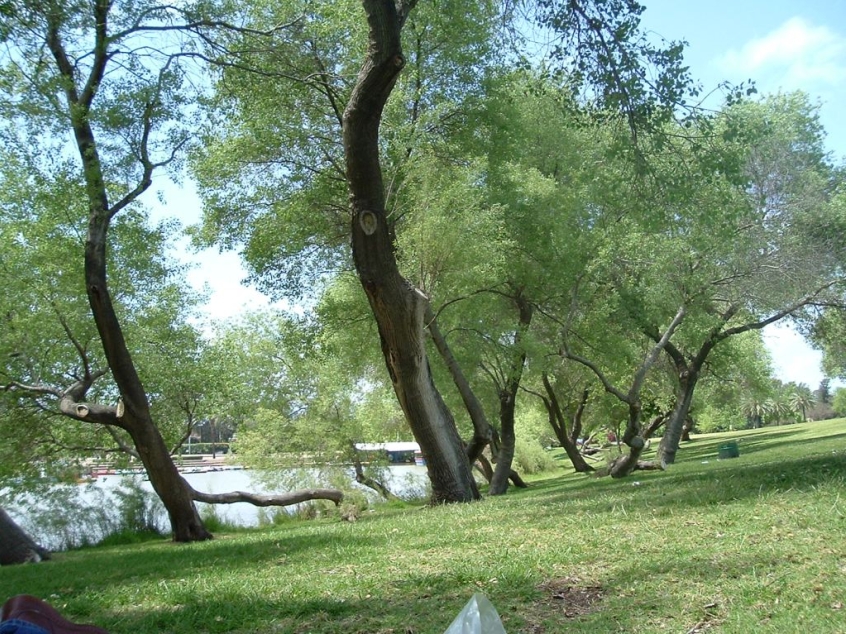
Because, wherever they went, the children of Israel planted trees. They built a new kind of community out of the ashes of Auschwitz. And in serving G-d, they healed themselves. Because their travails had taught them that there is no 'letting go' without Divine service.
Dr Irene Lancaster is a Jewish academic, author and translator who has established university courses on Jewish history, Jewish studies and the Hebrew Bible.











